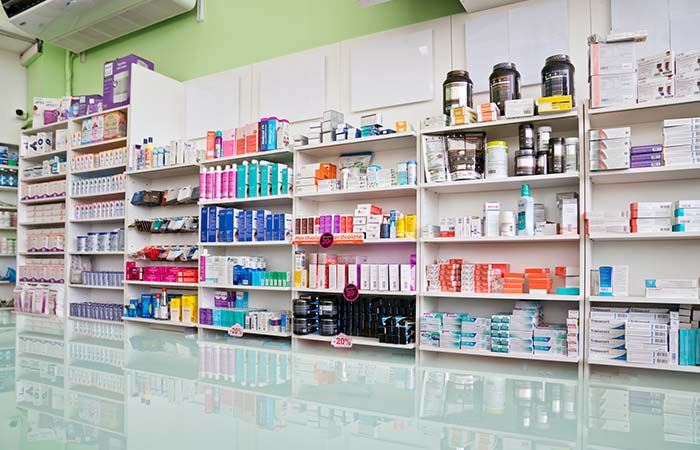RPS: ‘Hundreds’ of pharmacies already allowing P medicine self-selection
In News
Follow this topic
Bookmark
Record learning outcomes
“Hundreds of pharmacies” have already been “approved by the regulator” to allow patients to self-select “certain P medicines,” the Royal Pharmaceutical Society has said in response to criticism of its decision to meet with Boots to discuss a possible change in RPS policy.
In a statement yesterday (June 20), the RPS said it had been “deeply disappointed” to learn that the GPhC had allowed a “monumental change of practice” to be introduced without communicating this to pharmacists and the public.
The RPS described the change – which dates from 2012 – as a “potential risk to patients and out of step with the policy and professional guidance offered to RPS members”.
The Society said it understands many pharmacies, ranging from large multiples to independents, have had the green light to allow self-selection, although the regulator does require “key safeguards” such as mandatory supervision by a pharmacist and the exclusion of codeine products, emergency contraception and sildenafil.
It said the controversial June 19 meeting, which was attended by the three RPS national boards as well as Boots and the GPhC, was aimed at helping the boards to learn more about the processes followed by these pharmacies and the approach taken by GPhC inspectors, as well as the “patient safety assurances” the regulator required before allowing the change.
It concluded: “The RPS is continuing to consider our current position, which is currently at odds with the regulator, and the practice taking place in a significant number of pharmacies, and we will be issuing a call for evidence very shortly to ensure any potential forthcoming changes to our professional guidance are truly evidence-based.”
In a statement yesterday, GPhC chief pharmacy officer Roz Gittins said the regulator does not “seek to stifle innovation” and that services may need to evolve “to meet patient needs” but stressed that its “long-standing position” is that unless safeguards are in place the self-selection of P medicines “would not be compatible with our regulatory standards”.
She added: “We recognise that the language previously used for ‘self-selection’ such as ‘open display’ has not always been helpful, as it could be seen to suggest that the pharmacist and wider pharmacy team would not be involved in the selection and supply of P medicines to the person.
“We think the term ‘facilitated self-selection’ is more helpful, as it emphasises the crucial roles of the pharmacy team in facilitating the supply of the medicine to the person, and of the pharmacist in supervising the supply.”
The Pharmacists’ Defence Association has been critical of the RPS over the discussions, arguing that “the profession has not been consulted” and that any policy change would prioritise commercial interests over patient safety.
“If the RPS changes its current position which is that “pharmacy medicines must not be accessible to the public by self-selection” without first seeking and considering the views of practitioners, then this would raise significant questions about the legitimacy of such a decision,” said the PDA.
Following the release of the RPS statement last night, a number of pharmacists raised concerns on social media that the move was “being pushed by one player”.

